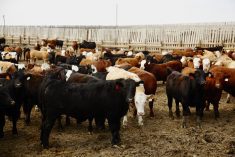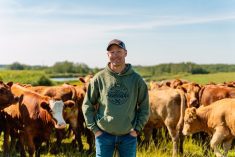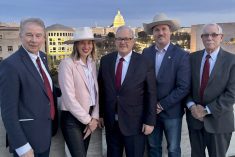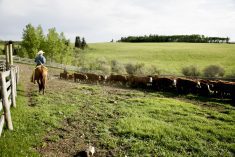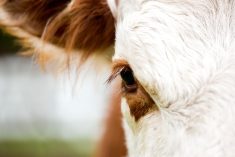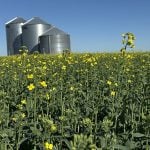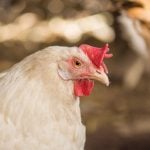Conversations about the effects of climate change and the environment are happening all around us, in Canada and in every region of the world. We know that weather patterns have become more unpredictable — we live it every day. Canadian cattle ranchers and farmers must be part of these conversations to share our perspectives, experiences and leadership when it comes to environmental and economic sustainability.
As primary producers, we are entrusted to care for the land and our animals. We are continually evolving our practices to do better and to leave the land in better condition for the generations after us.
[RELATED] 2030 Canadian Beef Goals highlight carbon emissions
Read Also
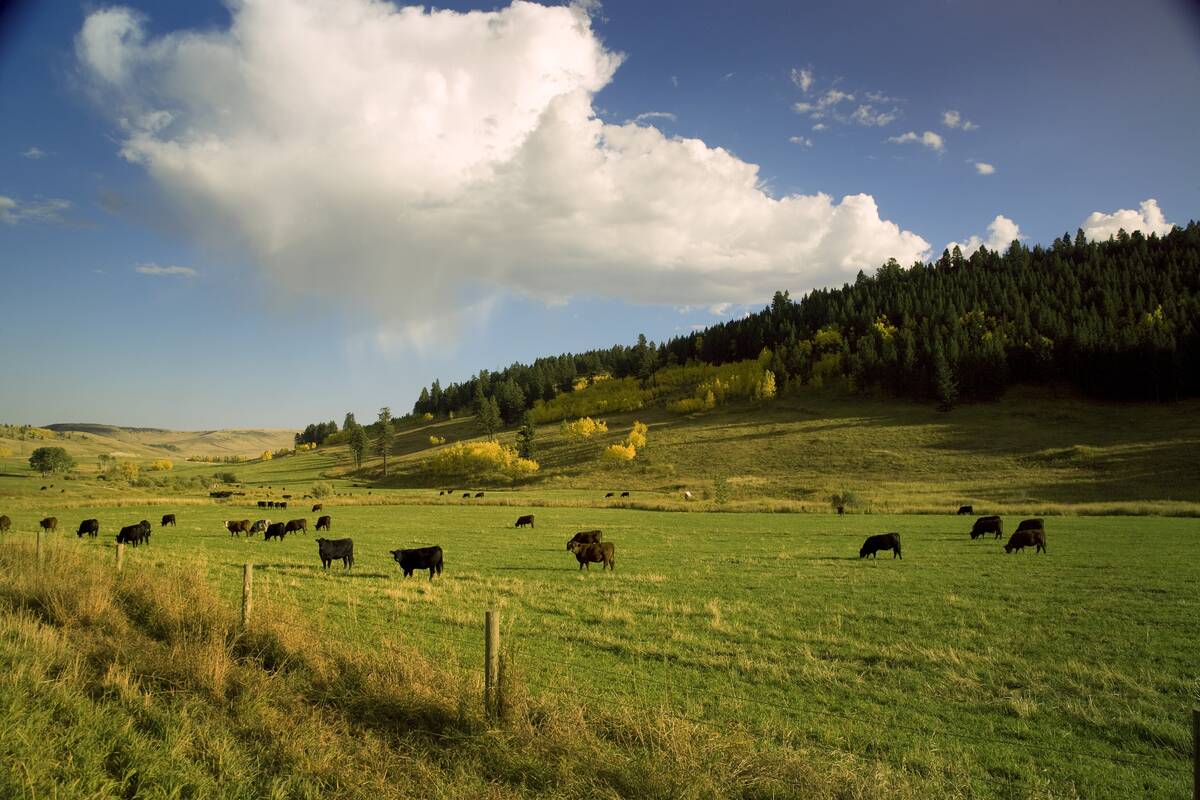
The Canadian Cattle Association’s international advocacy efforts
Global ag policies affect Canadian food policy, so the Canadian Cattle Association participates in international and domestic forums
Even with all of these efforts, Mother Nature’s fury can challenge us in devastating and unexpected ways, and these impacts have been felt by cattle producers across the country in recent years. As an industry, we continue to demonstrate Canada’s steadfast commitment to producing the world’s best beef using sustainable practices and our resiliency to overcome the effects of extreme weather such as drought, flooding, wildfires and hurricanes. With the devastating impacts of Hurricane Fiona on the cattle producers in Atlantic Canada, we will continue to work closely with our provincial members to communicate what federal support is needed in the months ahead.
With the fall session of Parliament now in full swing, we are taking every opportunity to talk about the environmental benefits of raising cattle in Canada and the effects of weather-related challenges facing primary producers, which are often difficult to plan for.
On September 23, 2022, Environment and Climate Change Canada (ECCC) released Faster and Further: Canada’s Methane Strategy. The strategy outlined the government of Canada’s plan to reduce domestic methane emissions by more than 35 per cent by 2030, compared to 2020 levels. It was not a surprise for us to see the expectation of the agriculture sector to reduce methane emissions by one per cent from 2020 levels, as this was previously announced in the Government of Canada’s Emissions Reduction Plan.
[RELATED] Farmers for Climate Solutions pilots mentorship programs
Upon further review of the strategy, we were pleasantly surprised to see recognition of the work undertaken under Canada’s National Beef Strategy and our ambitious 2030 goals, which include a target of reducing the greenhouse gases (GHG) emission intensity of cattle production in Canada by 33 per cent by 2030.
These 2030 goals put Canada’s beef industry on track to meet the Government of Canada’s domestic methane emissions reduction goal. We have also recently released a short video where Dr. Karen Beauchemin explains the natural cycle of methane produced by cattle. You can watch the video at the Canadian Cattle Association YouTube channel.
Videos such as this will be used to help raise awareness among parliamentarians, their staff and department officials.
It’s very positive to see the effect of sharing our sustainability story with parliamentarians and department officials — we are slowly moving the needle. We will continue to share our commitment to raising cattle using sustainable practices and highlight the progress that we are making on the 2030 goals.
The next step is for the Government of Canada to launch a consultation on how to achieve these expectations, as part of their Green Agriculture Plan. CCA will be actively engaged in this process and work with our industry partners to feed into the consultation. We will also continue to advocate and build upon the strategy’s themes which include beef’s holistic environmental benefits, including building biodiversity and providing the majority of wildlife habitat on food-producing land.
[RELATED] What does the On-Farm Climate Action Fund mean for rotational grazing?
But our participation in these conversations cannot be limited to the ones happening within our borders. While policy conversations happening on the global stage often feel far removed from what’s happening day-to-day on Canadian cattle ranches and farms, experience has shown us that these conversations foreshadow domestic regulations to come. A good example is the discussions that happened 30 years ago at the Earth Summit hosted by the United Nations (UN) in Rio de Janeiro, which highlighted the urgency of climate change. Now, climate change regulations are a key consideration at all levels of government, and this is a very active file for us.
This fall we are participating in several global conversations that are happening, including:
- The Private Sector Mechanism held in early October, hosted in Rome, Italy, where two youth leaders took part in the UN Committee on Food Security.
- The Global Agenda for Sustainable Livestock (GASL) 12th Multi-Stakeholder Partnership Meeting in Dublin, Ireland, held in early October.
- Conference of the Parties of the UNFCCC (COP 27) on climate change solutions to be held in Egypt in November.
- Conference of the Parties (COP15) to the UN CBB (COP 15) on biodiversity, hosted by China in Montreal in early December.
The decisions get made whether we are there or not. We are proud of the role working grazing landscapes play in carbon sequestration and biodiversity. We also enjoy telling of the nutritional benefits of the beef we produce. We need to share this story to ensure that an accurate perspective of sustainable beef production in Canada is considered in these important policy discussions.
The world needs more Canadian beef.



